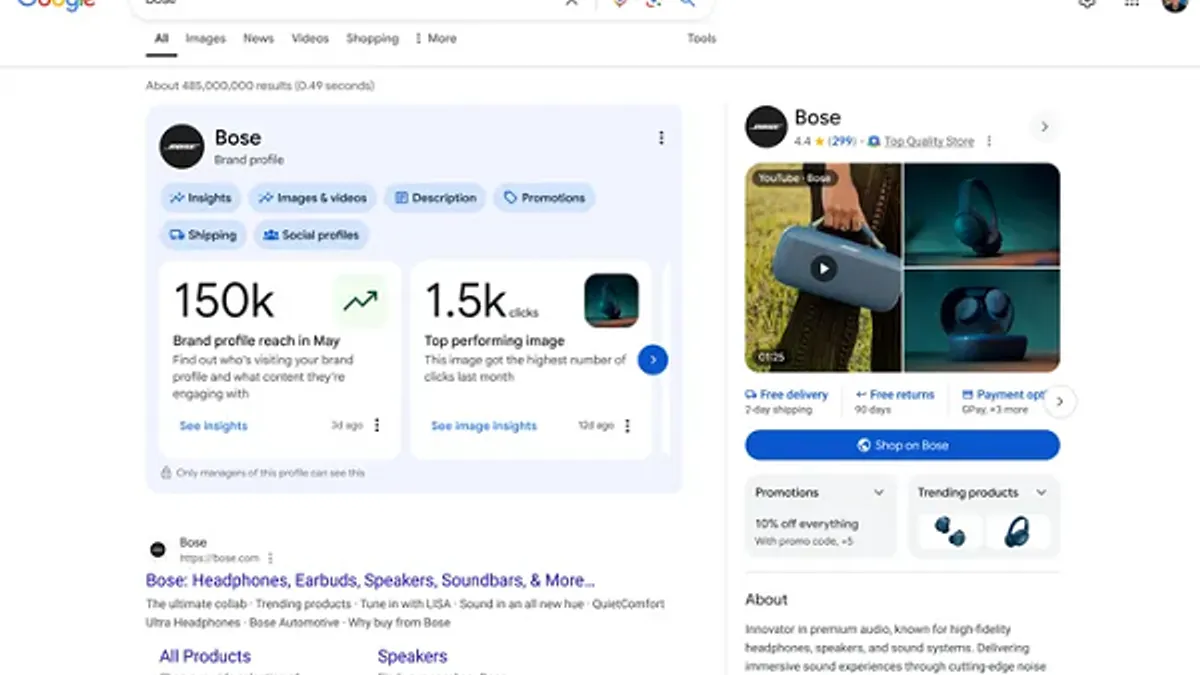Microsoft Discovery: Accelerating Science with AI
Microsoft has announced Microsoft Discovery, a new platform leveraging agentic AI to transform scientific research. This platform aims to speed up the scientific process by assisting with various stages, from forming hypotheses to conducting simulations and analyzing results.
How Microsoft Discovery Works
Microsoft Discovery employs specialized AI agents to collaborate with scientists and researchers. These agents utilize the latest advancements in AI and supercomputing to enhance speed, scale, and accuracy in scientific endeavors. The platform supports the entire research process, including:
- Scientific knowledge reasoning
- Hypothesis formulation
- Candidate generation
- Simulation and analysis
AI's Role in Scientific Discovery
Microsoft joins other tech giants like Google, Anthropic, and OpenAI exploring AI's potential in scientific fields like medicine and materials science. While some believe AI can revolutionize research, others remain skeptical due to current AI limitations, particularly its reliability.
Developing a reliable "AI scientist" presents significant challenges. AI can be helpful in exploring vast datasets and narrowing down possibilities. However, its ability to perform the out-of-the-box thinking required for true scientific breakthroughs remains uncertain.
Past Challenges and Future Hopes
Previous attempts at AI-driven scientific discovery have yielded mixed results. While some new materials have been synthesized with AI assistance, their novelty has been questioned. Additionally, AI-driven drug discovery has faced clinical trial setbacks.
Despite these challenges, Microsoft hopes its Discovery platform will overcome previous limitations and contribute significantly to scientific progress.









